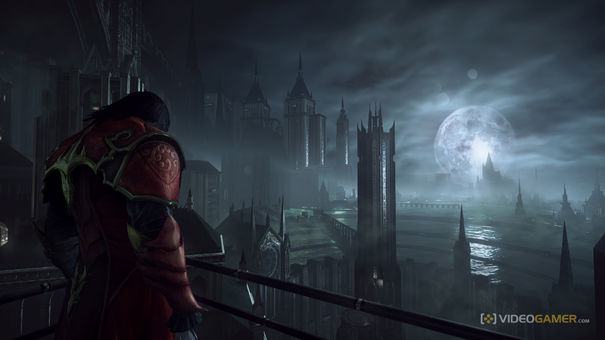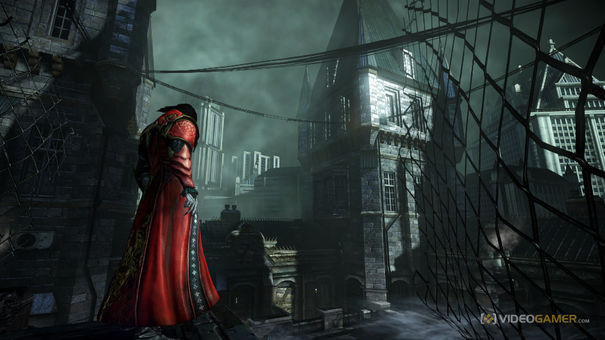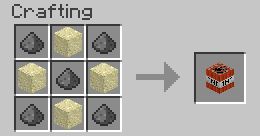



Of all the set-pieces in Lords of Shadow 2 - and there are many - one in particular stands out. Its tone is perfectly in keeping with the rest of the game - campy, melodramatic, gothic - but mechanically, it couldn't be different. Instead of hacking your way through grunt number 9,032,43 3,423, or climbing around yet more perilous mountains like a Cliffhanger remake for the Twilight generation, you work as a stage hand, dropping in various marionettes and backdrops to tell the story of how a crucial character found himself in his current plight.
It's not a new idea - Silent Hill: Downpour had a similar section - but having spent the past few hours on autopilot, menially forcing my way through yet another encounter with the game's armies of the night, it came as a nice break in pace. It also reminded me of the potential Lords of Shadow 2 had, and how it had come nowhere near to realising it.
It may seem odd, at first thought, to focus on what is essentially a cute way of advancing the narrative by reliving an old fairy tale and working out how the characters in the play relate to the various backgrounds they can be put against. If only MercurySteam had applied this to the rest of the game.
After all, what is Dracula if not a bundle of those same myths and fairy stories, retold and retooled to the whims of each storyteller? Sadly, by prioritising near-constant combat over almost everything else, MercurySteam has taken the action and forgotten the character of the world around them. I'm not saying that Lords of Shadow necessarily skimps on the plot: there's a lot of it, and some of it is quite effective at moving the story forwards (if at the same time so serious as to make you wonder how often Patrick Stewart laughed when reading it).
But by telling most of this story through cutscenes, those wonderfully-realised locales become little more than sets. With its multiple interlocking regions and routes, there was potential here for the developer to tell its story through the environment, and the player's movement through it. It hasn't come to pass.
The most obvious game that does this is, of course, Dark Souls, a game that also features a complex set of distinct, interlinked places, but uses them far more intelligently. From Software knows that the player's movement through the world has to tell almost everything about it, as there are few cutscenes to watch and still fewer pointers on where to go.
What you end up with is pure player agency, and a sense of discovery and attachment to the world that is near-unmatched in the medium. The first time I surfaced from The Depths back to the Undead Burg filled me with awe at how well From had connected everything.
Riding the rickety wheel-based contraption that takes you up, if not out, of the swamps of Blighttown - seeing the relative safety of the Burg only to have it snatched away - had me both hopeful that I would escape and fearful that I was still some way away from doing so. I had become attached to these places: not only because they were beautifully designed, but because they represented parts of my own story.

Despite the various means of travel and exploration in Lords of Shadow, I never felt this way about the game, as it seemed insistent on dragging me through its sumptuously-crafted backdrops to the next fight, the next cutscene. Granted, few games manage this feat as well as Dark Souls. But then few games get the opportunity. Castlevania did.
You may argue that this is Dracula's story, not some goon that's been crafted in some hasty create-a-character suite before the game starts. Of course there's going to be more attention paid to his ongoing battle with literally everybody, as opposed to how the player gets on with the axminster. And yet, a large part of the story is about Dracula's relationship with his environment: that sprawling castle that's been both a home and a prison for so long he can't remember which one is which. It literally doesn't want him to leave, spawning all manner of entities to keep him from doing so.
The player is expected to be complicit in this arrangement: this might not be your story, but you are Dracula. But instead of making the player feel like they're lost in a fantastical world, one which, like Dark Souls, you have to fight to be free from, for the most part if feels less like a cohesive whole and more like a series of rooms for people to violently, meaninglessly argue in, like a gothic EastEnders or something.
It's a huge shame, because all the pieces where there. MercurySteam did a great job on the art direction for Lords of Shadow, crafting a beautiful world. It's crying out for something meaningful to happen in it, and yet it rarely does.



